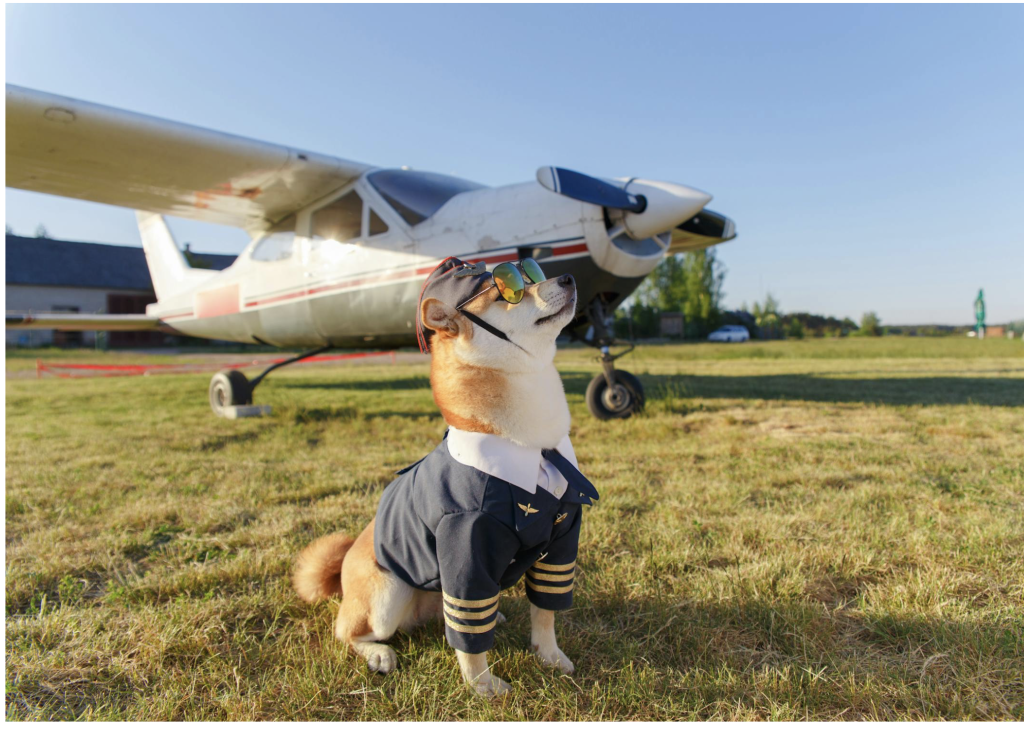Traveling with Pets Can Be A Smooth Ride with Prior Planning

There’s the family you’re born with, and then there are the furry, lovable creatures we are more than happy to claim voluntarily. Pets bring their owners comfort, and in return, owners want to travel with their most beloved four-legged pals. Many passengers have emotional support animals, which have been given a lenient pass in the past. However, most airlines now treat all animals as regular pets and require them to follow standard pet travel rules.
It’s most important to confirm the airline’s pet policies with the specific airline you will be flying with, as the stipulations vary. Rules at each location may also vary, so be sure to research and comply with destination-specific regulations as well. When booking any flight, it is recommended to do so as early as possible. However, when traveling with pets, general rules require that you also ensure your pet meets specific age, health, and breed requirements. Be sure to pay any applicable pet fees and bring and/or submit all necessary documentation, which may include a health certificate, vaccination records, microchip information, and import permits, especially when flying internationally.
By planning and meeting all requirements, you can help ensure a safe and comfortable trip for you and your pet. Early check-in is highly recommended to allow extra time for security. With pet guideline variations, it’s essential to stay educated. Before you leash up your pets and pack them in a windowed tote, take a look at this quick checklist to ensure your pawed pal is not denied a journey in the friendly skies.
- Most airlines require you to reserve space for your pet in advance, as the number of pets allowed in the cabin is limited.
- Generally, only cats and dogs are allowed in the cabin. Some airlines may also permit small household pets, such as birds or rabbits.
- There are often weight limits (usually around 17–18 lbs, including the carrier for in-cabin travel) and restrictions on certain breeds, especially brachycephalic (snub-nosed) breeds, due to health risks.
- The carrier must fit under the seat in front of you. Each airline specifies maximum carrier dimensions.
- Carriers must be well-ventilated (at least three sides for domestic, four for international travel).
- The carrier should be leak-proof and secure.
- Usually, only one pet per carrier is allowed, though exceptions exist for very young litters or two compatible pets of the same breed and size.
- Dogs from high-risk countries must be microchipped, at least 6 months old, and have a completed CDC Dog Import Form.
- Fees in-cabin typically range from $95 to $200 each way, depending on the airline and route. Cargo fees are higher for larger pets that must travel in the hold.
- Remove your pet from the carrier at security for screening, then return them to the carrier.
- Pets must remain in their carrier under the seat for the entire duration of the flight.
- Service Animals are generally allowed in the cabin at no extra charge with proper documentation.
###
ABOUT JMAA
The Jackson Municipal Airport Authority (JMAA) operates two airports: Jackson-Medgar Wiley Evers International Airport (JAN) and Hawkins Field Airport (HKS). JAN is the busiest airport in Mississippi, situated in the Central part of the state and serves the Capital region of Jackson with over 3,000 acres of property. JAN serves several of the world’s busiest global hubs and is home to the Mississippi Air National Guard 172nd Airlift Wing. HKS is a general aviation airport that houses two emergency response medical air transporters and the Civil Air Patrol. It is also home to the Mississippi Army National Guard 185th Aviation Brigade. The Authority provides service to nearly 1.3 million passengers per year.